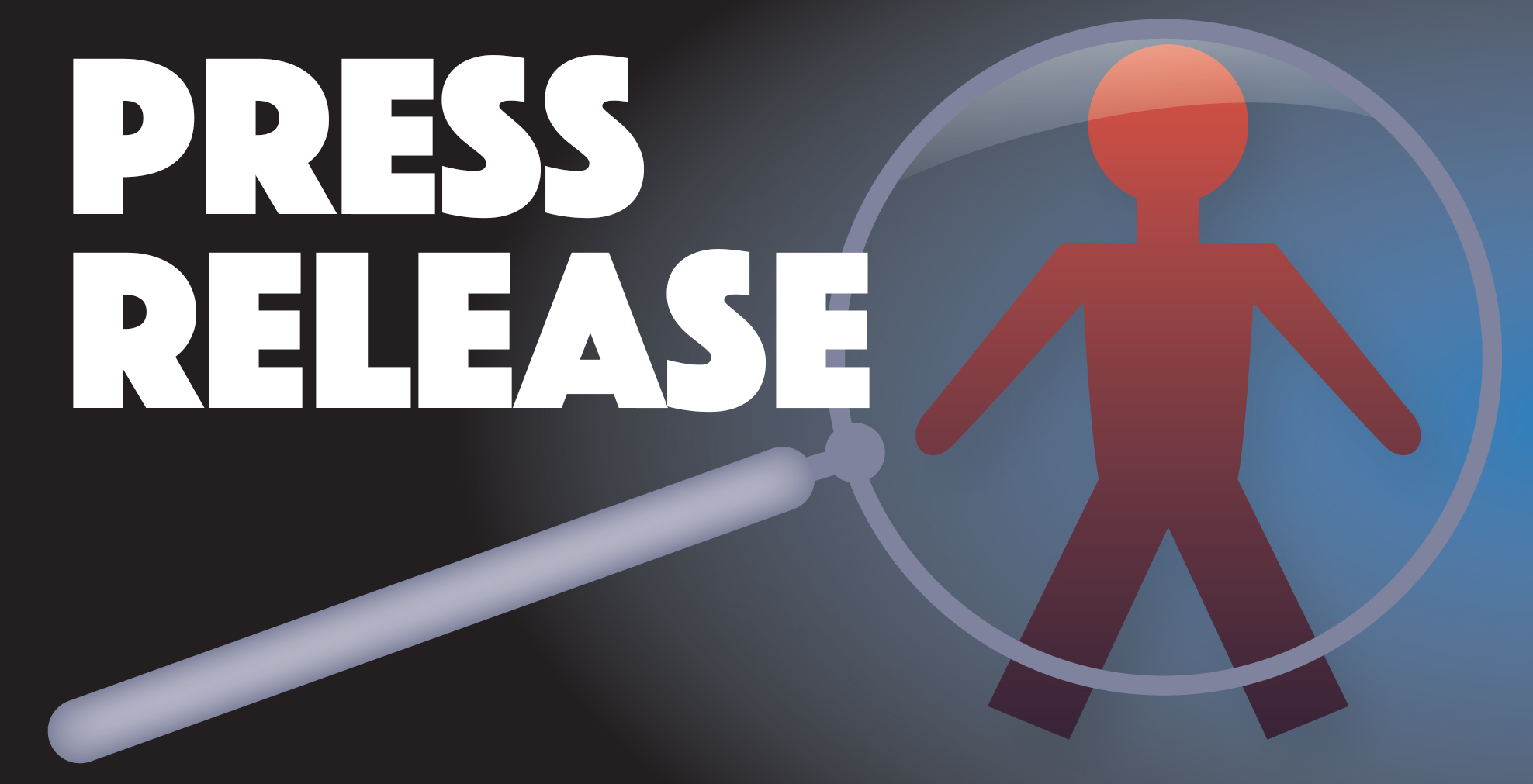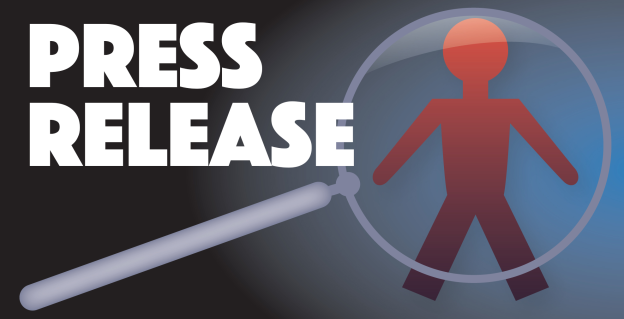
Oct. 2, 2025, OTTAWA — A newly released report from a national security watchdog largely confirms what research from civil liberties advocates had long demonstrated: that the Canada Revenue Agency’s approach to countering terrorist financing, including its targeting of Muslim-led charities in Canada, is deeply flawed. lacks rigour, and raises substantial concern of both bias and discrimination. This includes findings that deficiencies in the approach of the CRA’s Review and Analysis Division (RAD) place it at risk of breaching the Canadian Charter of Rights and Freedoms.
“For years, the International Civil Liberties Monitoring Group (ICLMG) has sounded the alarm that Muslim charities in Canada were being disproportionately targeted by the CRA’s Review and Analysis Division (RAD). We produced the first data and analysis showing the systemic bias that charities faced,” said Tim McSorley, national coordinator of the ICLMG. “Today’s report from the National Security and Intelligence Review Agency (NSIRA) supports those findings.”
In 2021, the ICLMG published “The CRA’s Prejudiced Audits: Counter-Terrorism and the Targeting of Muslim Charities in Canada”, which raised many of the concerns addressed in NSIRA’s report. A central recommendation in the report was for NSIRA to review RAD’s activities. NSIRA’s report can be accessed here.
In its findings, the review body explained that RAD’s audit selection process demonstrated a profound lack of rigour, including a failure to adequately document the reasons for initiating audits of Muslim-led charities, use of dated information in their evaluations, and a reliance in some cases on guilt by association (despite a lack of underlying evidence). While all these raised concerns of bias and discrimination, the lack of documentation made it impossible for NSIRA to reach an informed conclusion. “Despite NSIRA’s not being able to formally conclude discriminatory practices that violate Charter protections, taken together with the documented experiences of Muslim charities as well as the findings of other research reports, the review body’s findings should leave no question that RAD’s approach is mired in bias and prejudice,” said McSorley.
“The recommendations in the report — from collecting demographic data, to validating risk indicators, to formally documenting audit decisions — are consistent with what ICLMG has been calling for. The CRA and the Government of Canada must address the unintended consequences of its practices,” McSorley added.
To do so, the ICLMG is calling on the government to immediately:
- Implement independent oversight of the CRA’s activities
- Thoroughly reform the CRA’s approach to countering the risk of terrorist financing in the charitable sector, including implementing the recommendations in the NSIRA report
- Abolish the CRA’s Review and Analysis Division
If the CRA is truly committed to protecting the charitable sector from terrorism financing risks, its actions must be fact-based, transparent, and accountable, and carried out in a manner that does not stigmatize charities, especially Muslim charities, or undermine their vital work.
The full report is available here. Key concerns highlighted in the NSIRA’s report include:
- Despite the CRA and RAD maintaining that only those charities at the highest risk of terrorist abuse are subject to RAD audits, the NSIRA report found that a lack of rigour in RAD’s approach led to audits of organizations that did not in fact present credible risk of terrorist abuse (page 5). This reflects ICLMG’s earlier findings that RAD’s audits are not tethered to credible risks. It also raises serious concerns around bias and accountability in the CRA and RAD’s operations that have had significant negative impacts on Muslim-led charities, Muslim communities in Canada and the charitable sector as a whole.
- NSIRA determined that terrorist financing risks identified by RAD, which were used to justify intrusive audits, were only infrequently validated through the audits themselves. In other words, charities were subjected to years-long audits based on weak or unsubstantiated claims, as was demonstrated in ICLMG’s original research. (page 18)
- NSIRA found that RAD’s category of “high-risk jurisdictions” was applied so broadly that it could capture virtually all Islamic charities. NSIRA also identified the use of dated information, and the use of apparent “associations” between certain organizations (despite the underlying risk not being substantiated) as other areas of concern. This demonstrates how neutral-sounding criteria can have a discriminatory effect. (pages 18, 19 and 21)
- According to NSIRA, RAD’s own draft post-audit assessments were often critical of its decision to engage an audit in the first place, showing that many audits lacked sufficient justification or credible evidence. (page 19)
- RAD could not present any information to justify the discrepancy in severity of outcomes between their audits and those conducted by the CRA’s Compliance Division, raising questions of fairness in the application of penalties. (page 26)
- NSIRA’s findings support ICLMG research that the majority of charities that faced RAD audits come from the Muslim community and other racialized groups, determining that from 2009 to 2022, 67% of those charities audited were discernibly Islamic, and another 19% were Sikh. (page 13)
- This overwhelming focus on specific communities, combined with the lack of hard data to substantiate the determination of which charities pose a risk of terrorist abuse, led NSIRA to raise significant questions about whether RAD and the CRA are in breach of their Charter obligations to not engage in discriminatory actions. As NSIRA writes, “RAD’s decision-making, especially when it impacts Charter rights like freedom of religion, must be reasonable. Reasonableness requires proportionality, and proportionality requires data.” (page 5)
More information:
Tim McSorley
National Coordinator, ICLMG
(613) 241-5298
national.coordination@iclmg.ca
Since you’re here…… we have a small favour to ask. Here at ICLMG, we are working very hard to protect and promote human rights and civil liberties in the context of the so-called “war on terror” in Canada. We do not receive any financial support from any federal, provincial or municipal governments or political parties. You can become our patron on Patreon and get rewards in exchange for your support. You can give as little as $1/month (that’s only $12/year!) and you can unsubscribe at any time. Any donations will go a long way to support our work. |



